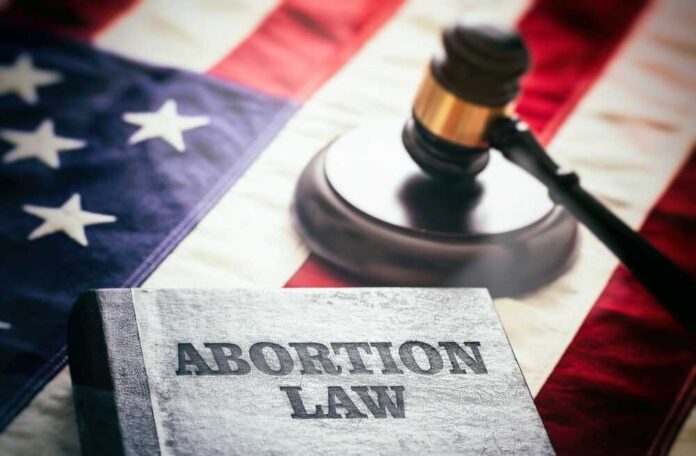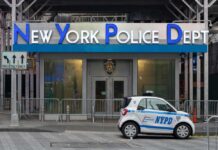Reports indicate that Idaho’s near-total abortion ban was challenged in court by the Biden administration, and on Tuesday, a federal appeals court temporarily curtailed the state’s authority to enforce the prohibition in medical circumstances.
Last month, a 3-judge panel from the 9th U.S. Circuit Court of Appeals reversed a lower court ruling that had largely prohibited the state from enforcing the prohibition. However, the entire 9th Circuit said on Tuesday that 11 of its judges will rehear the case, thereby nullifying the panel’s ruling for the time being.
The three justices who heard arguments last month were all handpicked by Trump, the former Republican president. Of the 9th Circuit’s 28 currently serving judges, 15 were picked by Democrat presidents, and Republican presidents appointed 13. However, the 11-judge panel will be chosen at random.
In 2020, Idaho approved a “trigger” bill restricting abortion if the Supreme Court reversed Roe v. Wade, the historic decision that legalized abortion throughout the country. Abortions that save the mother’s life fall under a limited legal exception.
Roe was overturned in 2022.
In August of last year, the Biden Administration filed a lawsuit against the state of Idaho on the grounds that the restriction violated the Emergency Medical Treatment and Labor Act (EMTALA), a federal statute that mandates hospitals to stabilize patients in emergency medical situations.
The government has warned that this might necessitate abortions that are not covered by Idaho’s limited exemption for saving the life of the mother. U.S. District Judge James Wesley Hendrix concurred, prohibiting legislation enforcement where an abortion was necessary to protect the patient’s life or prevent the patient’s bodily functions from being seriously impaired.
Since EMTALA does not compel the provision of specific procedures like abortion, the three-judge panel concluded last month that there was no contradiction.
In addition, the document claimed that the state legislators and state supreme court had resolved the ambiguity created by Hendrix’s ruling.


















